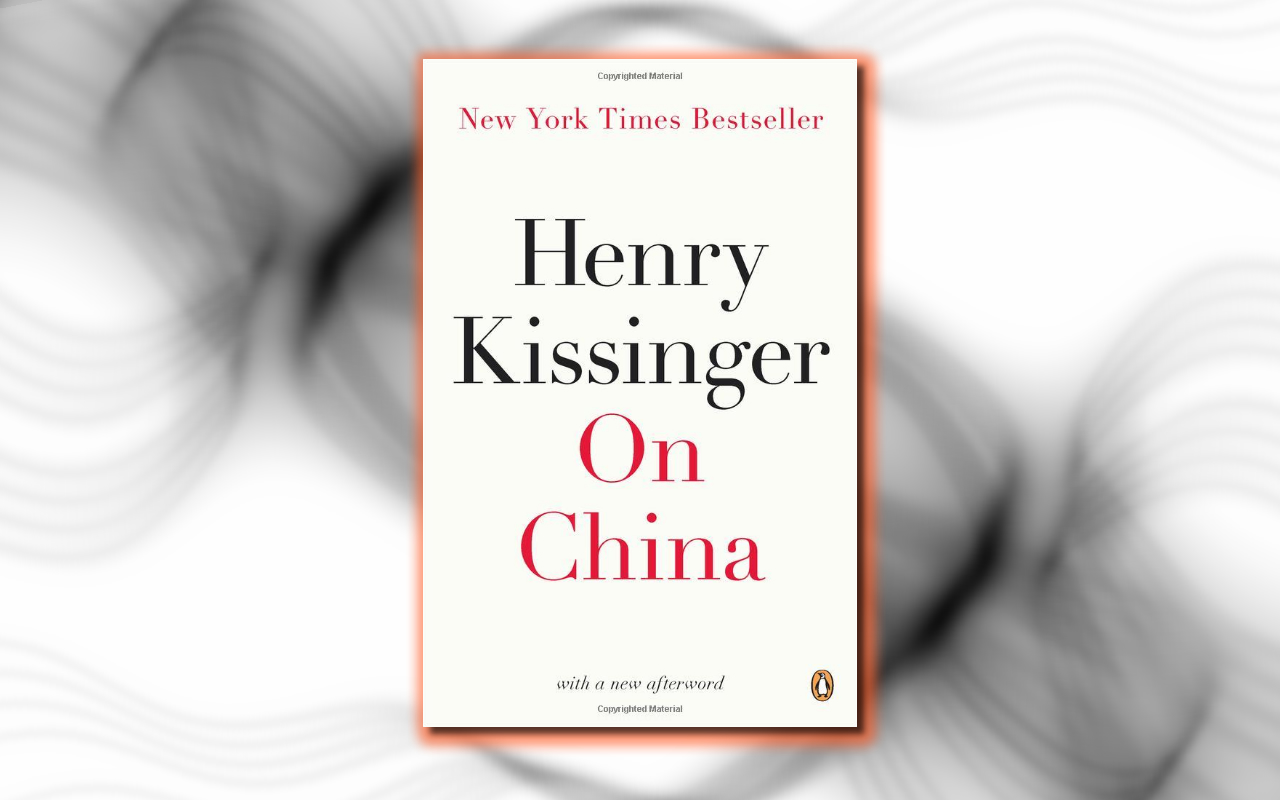The dilemma for someone who strives to become a global citizen while at the same time taking pride in his/her own unique cultural heritage is that one often faces choices of competing values. It is true that there are certain universal values we all share as humans, but there is no denying that values differ across the globe. Respecting different values, it seems, requires the knowledge of the root of the differences in the first place. But a lot of values are planted deep at a subconscious level that we don’t usually reflect on how they inform our decision-making: for example, patriotism or family. Being able to see the world through the lens of different value systems provides the opportunity to make those subconscious values explicit.
After spending seven years outside China and by consciously and unconsciously distancing myself from any familiar crowd of people, I have become more and more acquainted with the western ways of thinking. Every now and then, I found one or a few differences between the culture that brought me up and the culture that I live in now, but these are sporadic insights that are hardly consistent by themselves. It strikes me to the heart, therefore, to read Kissinger’s book, whose first chapter articulated the differences with enormous depth, with rich examples, and with striking clarity.
I just finished reading chapter 6, but am already overwhelmed by how much I don’t know about China. I realized that living a culture is different from understanding it. Below I sample a few paragraphs from the book on the difference between the Chinese culture and the western culture.
American exceptionalism vs Chinese exceptionalism: “It has been a complex journey, for both societies believe they represent unique values. American exceptionalism is missionary. It holds that the United States has an obligation to spread its values to every part of the world. China’s exceptionalism is cultural. China does not proselytize; it does not claim that its contemporary institutions are relevant outside China. But it is the heir of the Middle Kingdom tradition, which formally graded all other states as various levels of tributaries based on their approximation to Chinese cultural and political forms; in other words, a kind of cultural universality.”
Religious west vs secular China: “Not the least exceptional aspect of Chinese culture is that these values were essentially secular in nature. At the time when Buddhism appeared in Indian culture stressing contemplation and inner peace, and monotheism was proclaimed by the Jewish—and, later, Christian and Islamic—prophets with an evocation of a life after death, China produced no religious themes in the Western sense at all. The Chinese never generated a myth of cosmic creation. Their universe was created by the Chinese themselves, whose values, even when declared of universal applicability, were conceived of as Chinese in origin.”
Machiavelli vs Confucius:”…unlike Machiavelli, Confucius was concerned more with the cultivation of social harmony than with the machinations of power. His themes were the principles of compassionate rule, the performance of correct rituals, and the inculcation of filial piety.”
Confucius: “Confucius’s answer to the chaos of his era was the “Way” of the just and harmonious society, which, he taught, had once been realized before—in a distant Chinese golden age. Mankind’s central spiritual task was to re-create this proper order already on the verge of being lost. Spiritual fulfillment was a task not so much of revelation or liberation but patient recovery of forgotten principles of self-restraint. The goal was rectification, not progress. Learning was the key to advancement in a Confucian society. Thus Confucius taught that ‘[l]ove of kindness, without a love to learn, finds itself obscured by foolishness. Love of knowledge, without a love to learn, finds itself obscured by loose speculation. Love of honesty, without a love to learn, finds itself obscured by harmful candour. Love of straightforwardness, without a love to learn, finds itself obscured by misdirected judgment. Love of daring, without a love to learn, finds itself obscured by insubordination. And love for strength of character, without a love to learn, finds itself obscured by intractability.’ ”
War strategies: “Where Western strategists reflect on the means to assemble superior power at the decisive point, Sun Tzu addresses the means of building a dominant political and psychological position, such that the outcome of a conflict becomes a foregone conclusion. Western strategists test their maxims by victories in battles; Sun Tzu tests by victories where battles have become unnecessary.””
Perspectives on history (progress vs. rectification): In general, Chinese statesmanship exhibits a tendency to view the entire strategic landscape as part of a single whole: good and evil, near and far, strength and weakness, past and future all interrelated. In contrast to the Western approach of treating history as a process of modernity achieving a series of absolute victories over evil and backwardness, the traditional Chinese view of history emphasized a cyclical process of decay and rectification, in which nature and the world can be understood but not completely mastered. The best that can be accomplished is to grow into harmony with it. Strategy and statecraft become means of “combative coexistence” with opponents. The goal is to maneuver them into weakness while building up one’s own shi, or strategic position.

